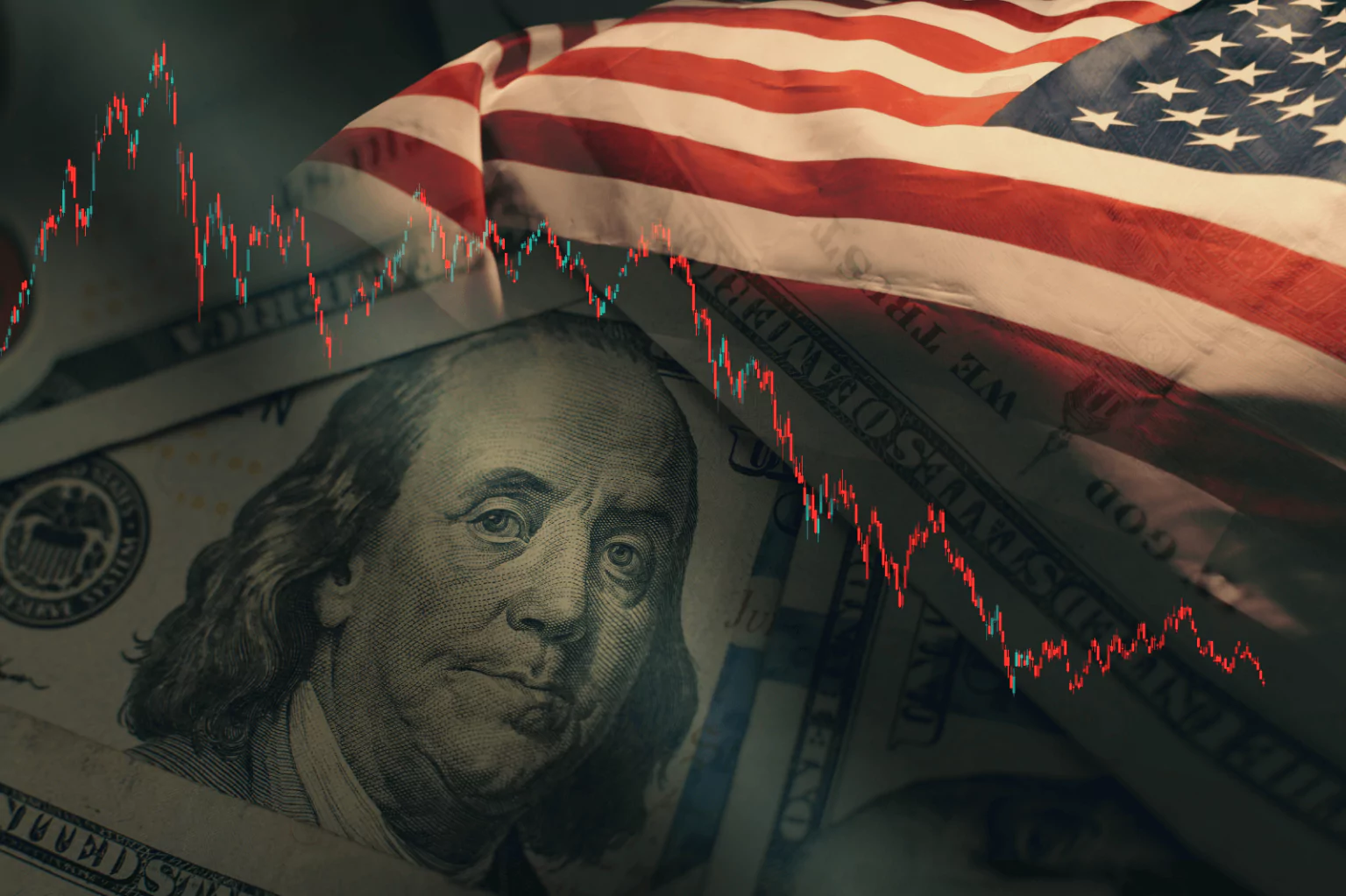Inflation in 2024 has become a major economic concern, impacting personal finances in numerous ways. This comprehensive article explores the causes of inflation, its effects on everyday expenses, savings, investments, debt, and retirement planning, and offers practical strategies to mitigate its impact. Understanding these factors is essential for managing your financial health in an inflationary environment.
What is Inflation?
Inflation is a sustained increase in the general price level of goods and services in an economy over a period of time. It can be measured using indices like the Consumer Price Index (CPI) and the Producer Price Index (PPI), which track the changes in prices of a basket of goods and services over time.
Inflation erodes the purchasing power of money, making it essential for individuals to consider investment options that can potentially offer returns that outpace inflation.
Causes of Inflation in 2024
Several factors have contributed to the inflationary pressures in 2024:
- Supply Chain Disruptions: The ongoing effects of the COVID-19 pandemic continue to disrupt global supply chains. Issues such as shipping delays, container shortages, and factory shutdowns have increased production costs, which are passed on to consumers in the form of higher prices.
- Rising Energy Costs: The energy sector has experienced significant volatility in 2024. Geopolitical tensions, coupled with increased demand for energy as economies recover from the pandemic, have driven up the prices of oil, natural gas, and electricity. Higher energy costs impact the prices of goods and services across the board.
- Labor Market Strains: Labor shortages in various sectors have led to wage increases as companies compete for workers. While higher wages are beneficial for employees, they also contribute to higher production costs, which can lead to increased prices for consumers.
- Government Policies: Fiscal policies, including stimulus packages and increased government spending, have injected significant amounts of money into the economy. While these measures aim to support economic recovery, they can also contribute to inflation if the increased demand outpaces supply.
Impact on Personal Finances
- Cost of Living: One of the most immediate impacts of inflation is the increased cost of living. As prices for essentials such as food, housing, and healthcare rise, individuals may find it more challenging to make ends meet. Budgeting becomes more critical as people need to allocate their resources more efficiently.
- Savings and Investments: Inflation erodes the purchasing power of money, which can impact savings and investments. For instance, if the inflation rate exceeds the interest rate on a savings account, the real value of the saved money decreases over time. Therefore, it’s essential to consider investment options that can potentially offer returns that outpace inflation.
- Debt and Borrowing: Inflation can have a mixed impact on debt and borrowing. On the one hand, inflation can reduce the real value of existing debt, making it easier to repay. On the other hand, if inflation leads to higher interest rates, borrowing costs for new loans and mortgages can increase, making it more expensive to finance purchases.
- Retirement Planning: Inflation poses a significant risk to retirement planning. As the cost of living increases, the amount of money needed for a comfortable retirement also rises. Individuals need to adjust their retirement savings goals and strategies to ensure they can maintain their desired standard of living in the future.
As prices for essentials such as food, housing, and healthcare rise, individuals may find it more challenging to make ends meet, highlighting the importance of efficient budgeting.
Strategies to Mitigate Inflation’s Impact
- Diversifying Investments: To protect against inflation, it’s essential to diversify investments across different asset classes, such as stocks, real estate, and commodities. These investments have the potential to provide returns that outpace inflation.
- Investing in Inflation-Protected Securities: Treasury Inflation-Protected Securities (TIPS) are government bonds specifically designed to protect against inflation. The principal value of TIPS increases with inflation, providing a hedge against rising prices.
- Adjusting Budget and Spending: Regularly reviewing and adjusting your budget can help manage the impact of inflation. Prioritize essential expenses and look for ways to reduce discretionary spending.
- Increasing Income: Exploring opportunities to increase income, such as taking on a side job or seeking a raise, can help offset the effects of inflation on personal finances.
Conclusion
Inflation remains a significant economic challenge in 2024, affecting various aspects of personal finances. By understanding the causes and impacts of inflation, individuals can take proactive steps to manage their financial health. Diversifying investments, adjusting budgets, and exploring income-boosting opportunities are essential strategies to mitigate inflation’s effects. Staying informed and adapting to changing economic conditions will help ensure financial stability in an inflationary environment.




